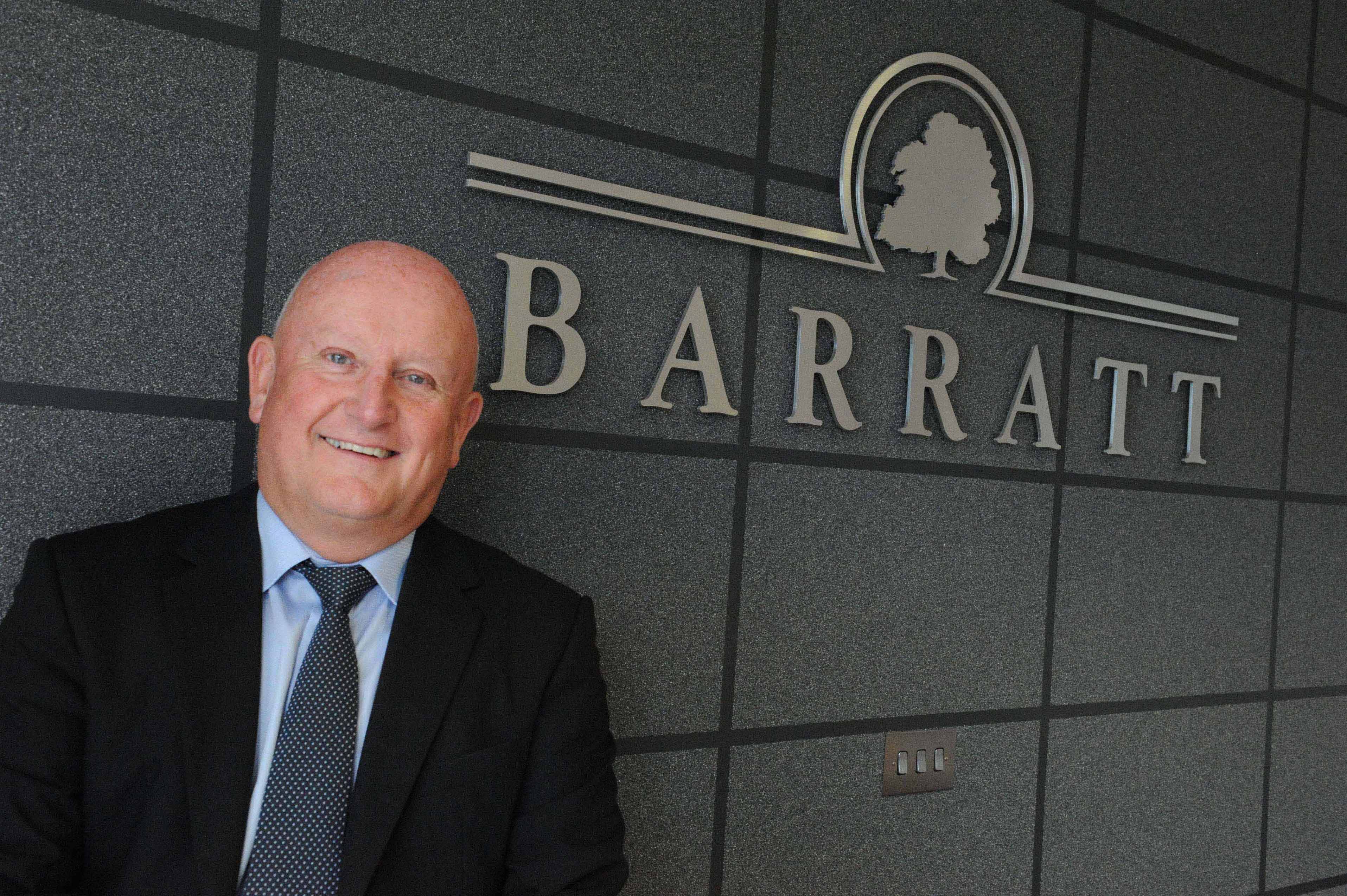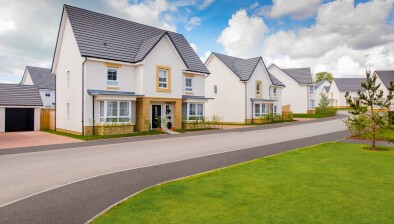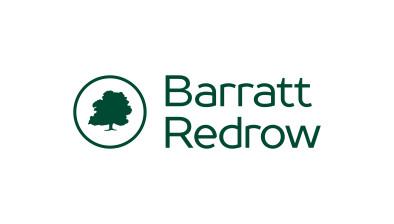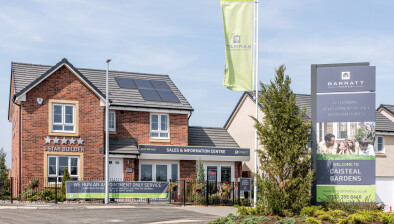Barratt Developments sees sharp drop in profits as completions slump

Douglas McLeod
Barratt Developments has reported a 75% drop in annual profits and a double-digit decline in home completions after a “challenging” year for the housebuilder.
Total home completions of 14,004 for the year ended on 30 June 2024, including joint ventures, was 18.6% lower than the 17,206 completions the previous year.
Barratt said while the number was at the upper end of its expected range for the year, it reflects the lower private order book entering FY24 and lower average outlet numbers during the year.
It also warned that the figure was likely to drop further, to between 13,000 and 13,500 homes over the next full financial year.
An adjusted gross profit of £689.0m (FY23: £1,130.4m) was attributed to lower home completions and average selling prices, reduced margin due to site-based fixed cost levels and build cost inflation.
Barratt said the resulting adjusted profit before tax of £385.0m (FY23: £884.3m) was slightly ahead of interim expectations and reflects home completion delivery at the upper end of the guided range.
Douglas McLeod, regional managing director of Barratt Developments Scotland, said: “We are pleased to have delivered total home completions at the upper end of our expectations for the year, despite the challenging backdrop. I am grateful to our skilled and dedicated teams of employees, sub-contractors and suppliers for continuing to deliver high quality homes that people want to live in. We were delighted to complete the acquisition of Redrow plc in August and are now working constructively with the CMA to finalise competition clearance so that we can begin the integration process.
“Whilst demand continues to be sensitive to mortgage affordability, and reduced land buying activity during the past two years has had a near-term impact on the number of outlets we are operating from, we are well-positioned to meet the strong underlying demand for new homes of all tenures in Scotland and across the UK. We welcome the Government’s proposed reforms of the planning system as one of the key levers to increase housebuilding, drive economic growth and tackle the chronic undersupply of high-quality, sustainable homes.”




















